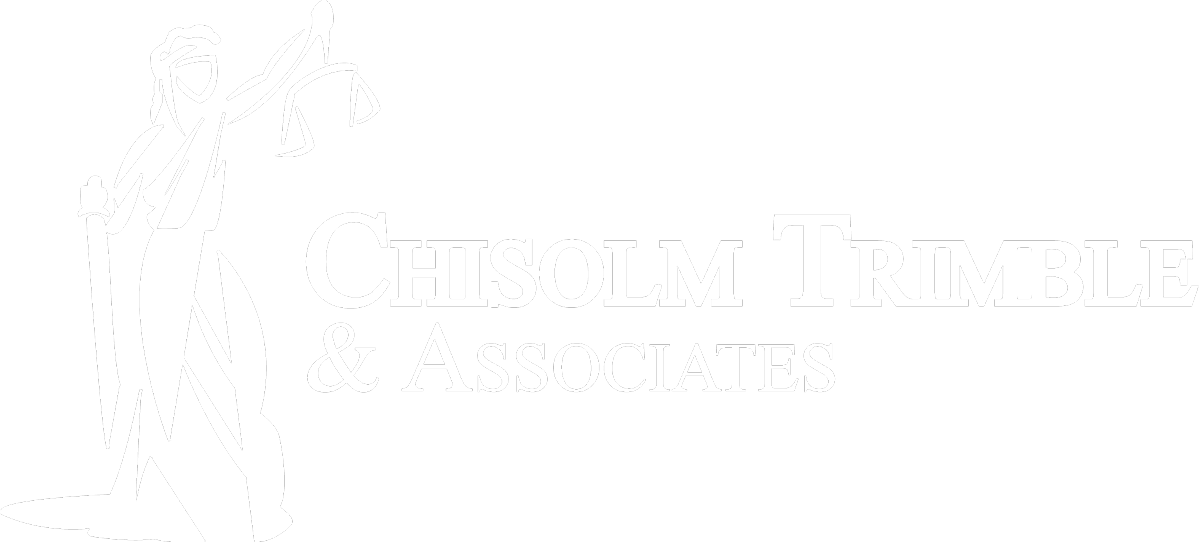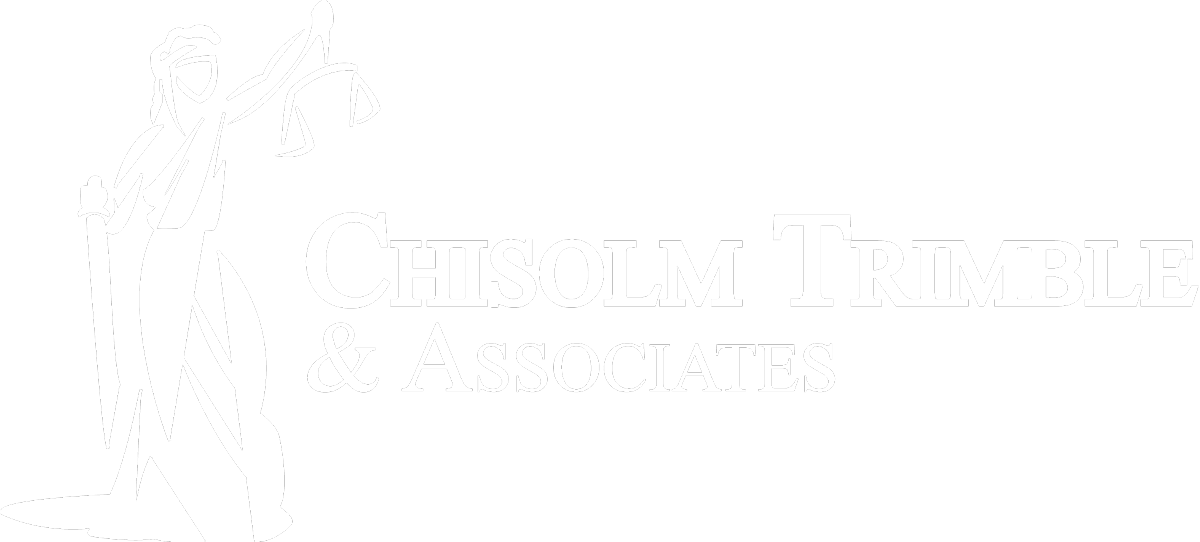Mediation VS. Litigation in Georgia Family Law
Understanding your options for resolution

When facing family law issues in Georgia, such as divorce, child custody disputes, or asset division, you have two primary paths to resolution: mediation and litigation. Understanding the differences between these approaches is crucial for making informed decisions about your case.

Mediation: A Collaborative Approach
Mediation is a voluntary process where you and the other party meet with a neutral third party (the mediator) to attempt to reach a mutually agreeable settlement. The mediator facilitates communication, helps identify issues, and explores potential solutions. The mediator does not make decisions for you; the goal is for you and the other party to reach an agreement yourselves.
Benefits of Mediation:
- Cost-Effective: Mediation is generally less expensive than litigation.
- Faster Resolution: Mediation can lead to a quicker resolution than going to court.
- Control Over Outcome: You and the other party have control over the final agreement.
- Confidentiality: Mediation discussions are typically confidential.
- Reduced Conflict: Mediation can minimize conflict and preserve relationships, especially important when children are involved.
Drawbacks of Mediation:
- Requires Cooperation: Mediation requires both parties to be willing to compromise and negotiate in good faith.
- Not Suitable for All Cases: If there is a history of domestic violence or significant power imbalance, mediation may not be appropriate.
- No Guarantee of Success: Mediation may not always result in a settlement.
Litigation: A Court-Driven Process
Litigation involves resolving your family law issues through the court system. This typically includes filing pleadings, conducting discovery, attending hearings, and ultimately, a trial where a judge makes the final decisions.
Benefits of Litigation:
- Enforcement Power: Court orders are legally binding and enforceable.
- Appropriate for High-Conflict Cases: Litigation is often necessary when parties are unable or unwilling to cooperate.
- Provides a Forum for Evidence: Litigation allows you to present evidence and arguments to a neutral judge.
Drawbacks of Litigation:
- Costly: Litigation can be significantly more expensive than mediation due to attorney fees, court costs, and expert witness fees.
- Time-Consuming: Litigation can take months or even years to resolve.
- Loss of Control: A judge, rather than you, makes the final decisions, which may not align with your preferences.
- Adversarial Process: Litigation can be highly adversarial and emotionally draining.
- Public Record: Court records are generally public, which can be a concern for privacy.
Impact on Specific Family Law Issues
- Divorce: Mediation can help couples amicably divide assets, debts, and determine alimony. Litigation is used when agreement cannot be reached.
- Child Custody: Mediation can assist parents in creating parenting plans that address custody, visitation, and decision-making. Litigation is used to have a judge determine what is in the children's best interests.
- Asset Division: Mediation allows parties to negotiate the division of property. Litigation involves court-ordered appraisals and division.
Navigating family law issues can be complex and emotionally challenging. It is highly recommended that you consult with an experienced family law attorney to discuss your specific situation and determine the best course of action.
At Chisolm Trimble Law, we understand the complexities of family law. We are committed to providing our clients with compassionate and effective legal representation. Our firm has been recognized as a top 10 family law firm, and our Managing Attorney has been selected as a Super Lawyer.
Contact us today for a consultation:
- Phone: 770-741-1570
- Website: www.chisolmtrimblelaw.com


